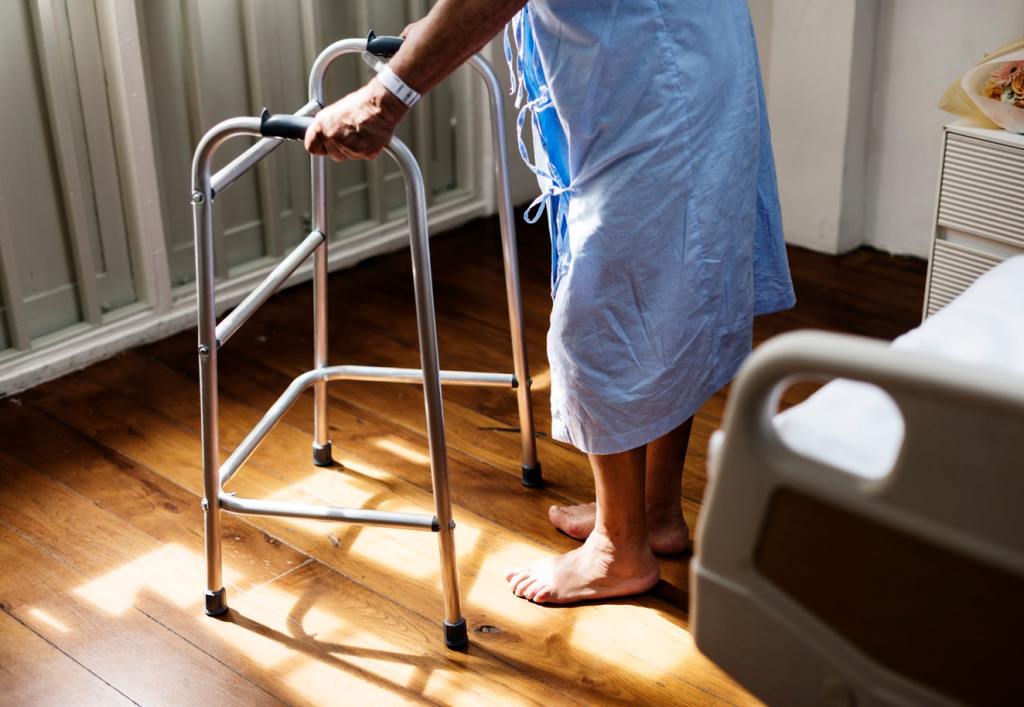Seniors who have employed some kind of home-based health care service have a higher acceptance and adoption of home-based hospice services, which can provide personalized support for end-of-life care, according to a study by Rutgers University’s School of Nursing. The findings were first reported by Hospice News.
Published in the Journal of Palliative Medicine, researchers found that the observed outcomes could stem from the identification of health issues that may complicate end-of-life care prior to engaging in it, making it easier for seniors to age in place in their own homes.
“Among all Medicare decedents in 2019, nearly half used home health care in their last three years of life, with close to 30% starting before their final year,” the study stated. “We found a strong association between home health care and hospice use at the end-of-life, and the effects were stronger in those without a diagnosis of dementia compared with those with dementia.”
Home health care providers, the study found, “identify terminal signs and support patients with chronic conditions, impacting decisions about end-of-life care.” But financial incentives also have the ability to impact the amount of hospice referrals, which could be of concern.
“Although our findings indicate that earlier home health care can lead to longer hospice care, especially in dementia patients, the potential for financial motivations in end-of-life care transitions raise concerns,” the researchers said.
But for those who are interested in aging in place — which by most accounts includes a majority of seniors — this correlation could represent ways in which remaining at home rather than going to a dedicated care facility might have benefits.
“The observed association between the use of home healthcare and hospice services underscores the importance of continuity of care, suggesting that home health care can facilitate aging in place and reduce the need for burdensome care transitions,” the researchers said. “It also points to the need for further research on how home health and hospice agency ownership affects referral patterns and end-of-life care utilization.”
The report primarily used data from Medicare recipients who died in 2019, assessing the circumstances of their deaths and whether or not they employed home-based care and hospice services.
Aging in place is a stated preference for a majority of older Americans, according to many dedicated surveys on the topic. Other recent data suggests that home-based health care is a leading outcome for older Americans.
Earlier this month, the Administration for Community Living (ACL) — a division of the U.S. Department of Health and Human Services (HHS) — announced the publication of a final rule that will update regulations for implementing programs under the Older Americans Act (OAA). One of the intentions of the rule is to better support the desires of older Americans to age in place in their own homes, ACL said.





